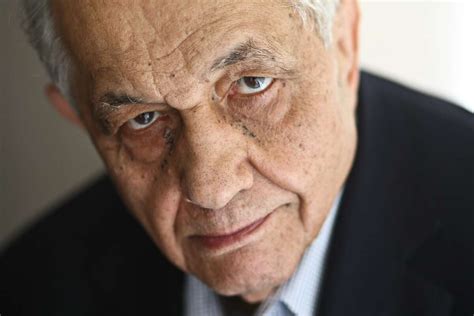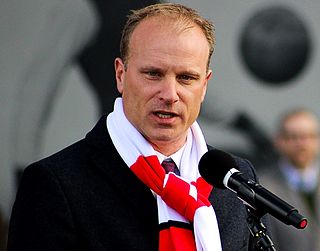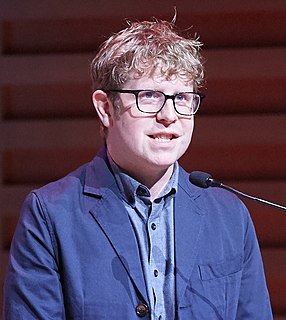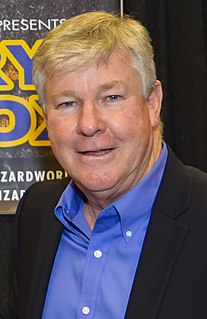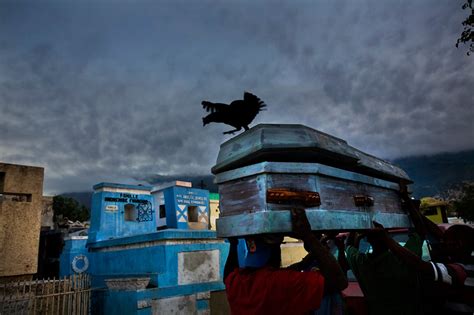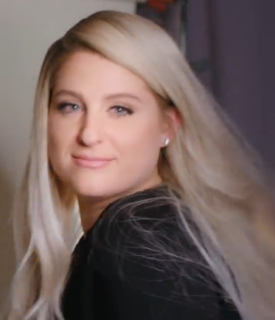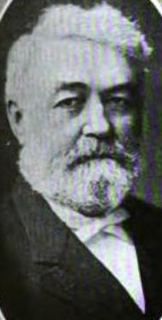A Quote by Andrew Sarris
I've always said to people that auteurism is nice, but it's hypothetical, and gradually you learn how much or how little influence different directors had.
Related Quotes
When I played in Holland, I always tried to lob the goalkeeper. People used to say, 'Oh, you're always only trying to make a nice goal'. But I said, 'Listen, if the goalie is a little bit off his line, how much space do you have on his left or right?' It's not a lot. 'And how much space do you have above him?
When I played in Holland, I always tried to lob the goalkeeper. People used to say, 'Oh, you're always only trying to make a nice goal'. But I said, 'Listen, if the goalie is a little bit off his line, how much space do you have on his left or right?' It's not a lot. 'And how much space do you have above him?'
I always feel like I learn more from directors that are new, and I also am able to understand how much I really do know about filmmaking when you work with directors that maybe don't have as much experience, so you're able to sort of take the reins. I know how to do these movies, I've done so many of them and have learned from new directors who are usually willing to try new things and are more open to allowing someone like me to kind of come in and just do what I know how to do.
The thing about TV is that it's great work for directors because the responsibility is not ours at all. In a movie, you choose a movie, and everybody points his or her finger at you afterward. It doesn't matter how much influence you had on the script, how much decision you had, or the fact that you didn't have final cut.
I am always struck by how difficult it is for people to see how much cruelty they are bringing not only upon animals but upon themselves and their loved ones and other people, how much we are screwing up the planet, how much we are hurting our own health, how hard it is to change all that, how eager people are to make a buck at everybody else's expense - all those things are discouraging.
